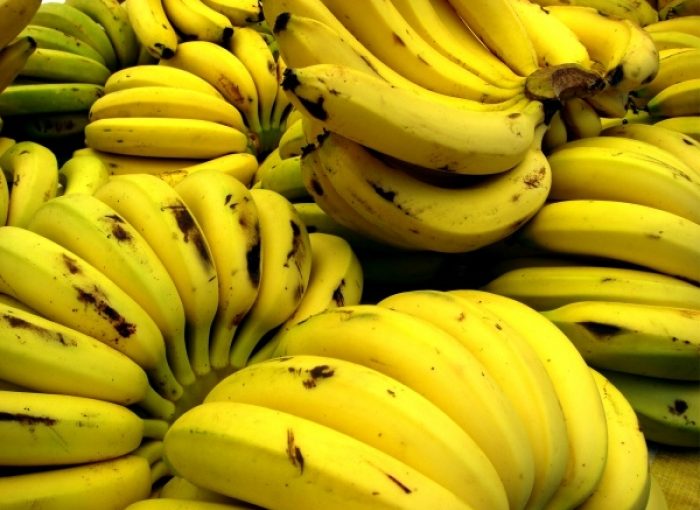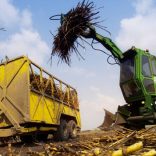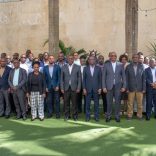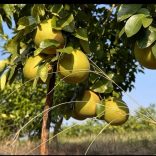Mozambique: Sugar producers call for review of fortification regulations, highlight enforcement ...
Water shortage leads to sharp drop in banana production

File photo / For illustration purposes only
The company Bananalandia, which produces bananas in Boane district, about 30 kilometres west of Maputo, has suffered a sharp fall in production, thanks to the severe restrictions in water consumption imposed by the government.
For much of 2016 Maputo province suffered from a severe drought linked to the El Nino weather phenomenon. But even after the drought ended, there was insufficient rainfall in the basin of the Umbeluzi river to provide enough water for both human consumption and for irrigation.
The Pequenos Libombos dam on the Umbeluzi was in danger of drying up. By early January it was only 13 per cent full. The government stepped in to determine that this water must be used, as top priority, by the Umbeluzi treatment and pumping station that provides drinking water for Maputo and Matola cities, and Boane district. The use of water for irrigation was banned, affecting all agricultural concerns along the banks of the Umbeluzi, including Bananalandia.
The level of the Pequenos Libombos reservoir has recovered somewhat, and it is now about 27 per cent full. But this is not enough to guarantee supplies during the coming dry months before the next rainy season, which begins in October. The restrictions on the use of Umbeluzi water thus remain in force.
The director of production at Bananalandia, Manuel Maluana, told AIM that before the drought and the restrictions on water consumption, Bananalandia was producting between 55 and 60 tonnes of bananas per hectare. That figure has now fallen to between 40 and 45 tonnes a hectare.
Up until the end of October 2016, the banana plantation was irrigated for between one and two hours every day. But when the restrictions on water use were imposed, irrigation stopped and Bananalandia became entirely dependent on rainfall.
“The lack of irrigation is severely affecting production”, he said. “Previously banana production varied between 65 and 70 kilos per bunch. But now it is between 14 and 45 kilos”.
The lack of irrigation affects the quality of the bananas, said Maluana, and the only reason production is possible at all is that bananas need most water at the start, immediately after they have been planted, and at that time water was available.
Before the current water crisis Bananalandia was exporting 800 tonnes of bananas a month to the regional market (South Africa, Botswana and Namibia). But exports have now fallen to 450 tonnes a month.
The domestic market is also supplied, but domestic sales have fallen from 50 to 20 tonnes a week.
The decline in production has forced Bananalandia to lay off workers, said Maluana, cutting its number of staff from 1,500 to 1,250.
“Nobody can work if they don’t know whether they’ll be paid at the end of the month”, he said. “In the 18 years this company has existed, it never owed its workers any wages. In order to avoid the worst, the viable option was to lay off staff”.
Bananalandia had intended to expand, and set up units in Moamba and Namaacha districts, said Maluana, but the water shortages in Maputo province have forced the company to postpone these projects.












Leave a Reply
Be the First to Comment!
You must be logged in to post a comment.
You must be logged in to post a comment.